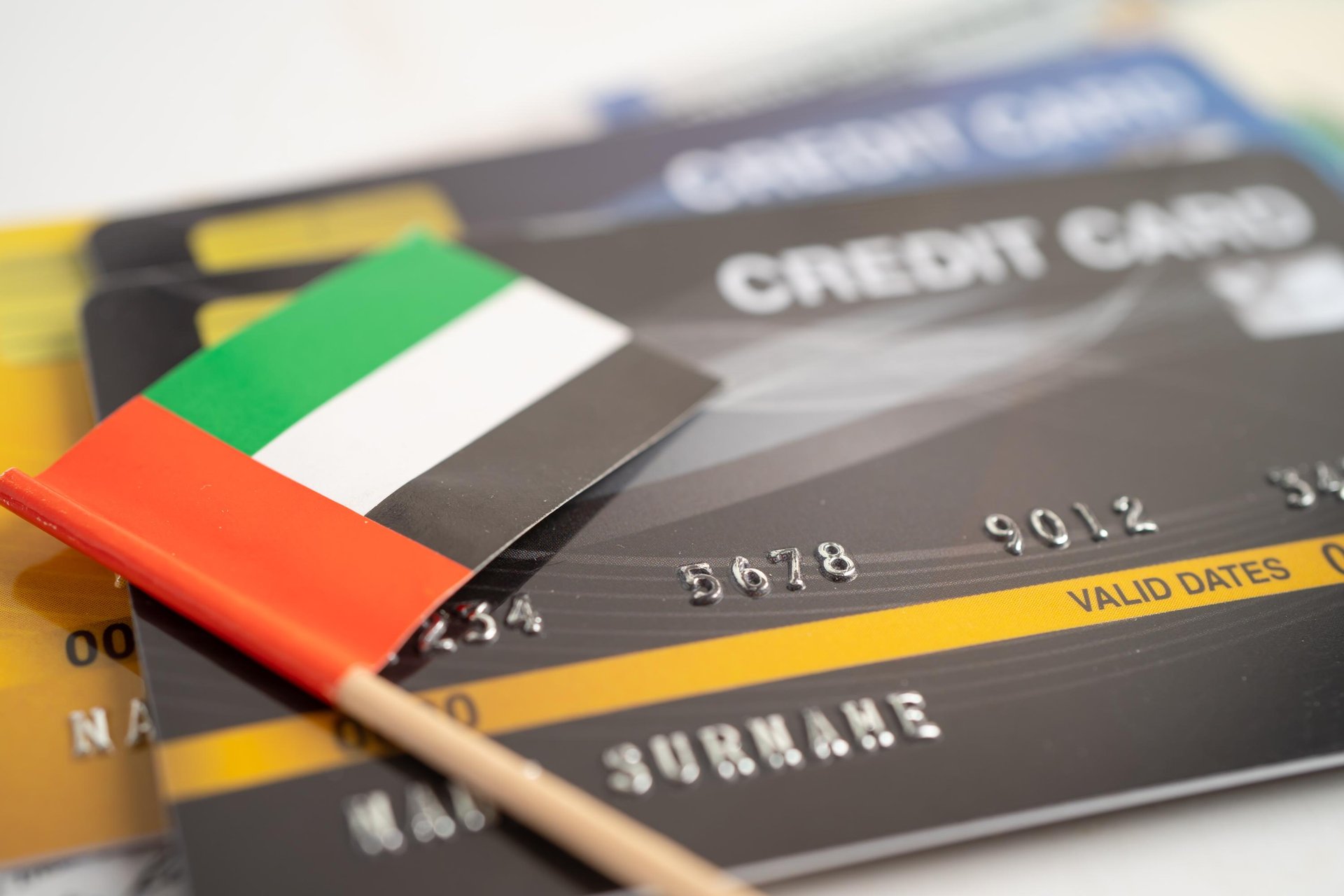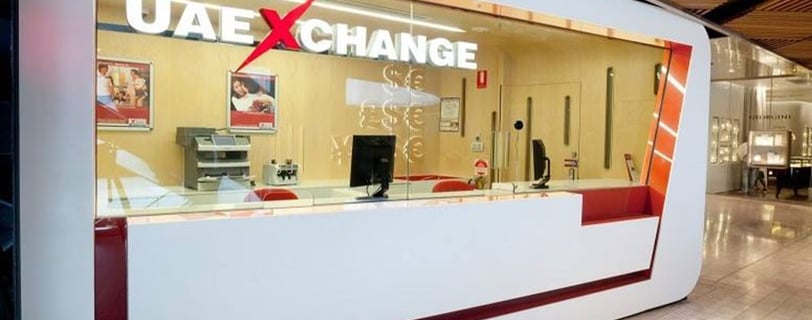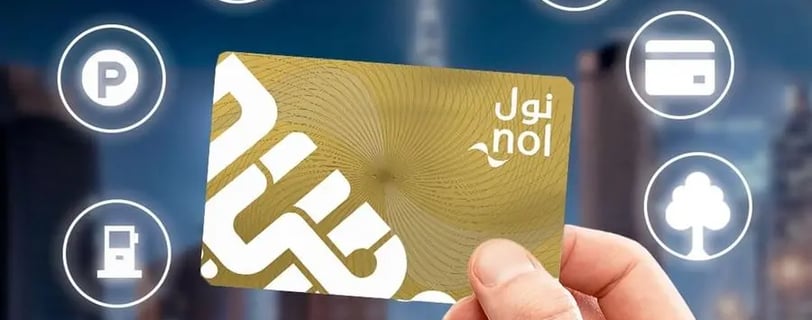
Navigating Currency and Money Matters in the UAE
2/17/20255 min read
Understanding Currency Exchange in the UAE
The United Arab Emirates (UAE) operates with its official currency, the UAE Dirham (AED), which is subdivided into 100 fils. The AED is pegged to the US dollar, typically exchanging at a rate close to 3.67 AED to 1 USD. This stable pegging makes the Dirham a reliable currency for both locals and tourists. Understanding the dynamics of currency exchange is crucial for anyone visiting the UAE, as it can significantly affect budgeting and spending practices while traveling.
When considering currency exchange, travelers have several options available, including banks, exchange offices, and airports. Banks generally offer the most favorable exchange rates and lower fees; however, their operating hours may be limited. Exchange offices are widely available, particularly in tourist areas and shopping malls, and they often provide competitive rates. Airports typically have currency exchange services; nonetheless, these usually come with less favorable rates and higher fees due to the convenience factor.
Tipping Etiquette in the UAE
Tipping in the United Arab Emirates (UAE) is an important aspect of social interaction, reflecting appreciation for good service across various sectors. It is essential to understand the cultural norms surrounding tipping as they may differ significantly from those in other countries. While tipping is generally seen as optional, it has become a standard practice, particularly in cities like Dubai and Abu Dhabi, where the service industry thrives.
In restaurants, it is customary to leave a gratuity of about 10-15% of the total bill. Many establishments in the UAE automatically include a service charge, typically around 10%, within the bill. In such cases, the addition of an extra tip is not mandatory but is often appreciated if the service was exceptional. In more upscale dining venues, patrons may choose to tip more generously, reflecting the quality and attentiveness of the service provided.
When it comes to taxis, rounding up the fare is a common practice. For instance, if the fare is AED 18, passengers may give AED 20 to the driver, which not only serves as a tip but also simplifies the transaction. In luxury taxi services or ride-sharing apps, a tip of 10% is considered polite, especially for long distances or when the driver provides additional assistance.
Hotels in the UAE also have specific tipping norms. It is customary to tip porters around AED 5-10 per bag. Housekeeping staff may receive a gratuity of AED 5-10 per day, left in an envelope or a conspicuous spot, thanking them for their service. Tipping in the UAE reflects social expectations and can foster a positive interaction between service providers and patrons.
In comparison to countries like the United States, where tipping is often expected and constitutes a significant portion of a worker's income, tipping in the UAE serves more as a gesture of goodwill rather than a necessity. Overall, understanding and practicing the appropriate tipping etiquette in the UAE can enhance experiences and acknowledge the efforts of local service professionals.
Using Credit Cards Effectively
Using credit cards in the United Arab Emirates (UAE) can offer distinct advantages and some drawbacks for both residents and travelers. Major credit cards such as Visa, Mastercard, and American Express are widely accepted in various establishments, including hotels, restaurants, shopping malls, and service stations. This broad acceptance facilitates convenient transactions, allowing cardholders to manage their expenditure efficiently while in the region.
However, it is essential to be aware of potential foreign transaction fees associated with using a credit card overseas. Many financial institutions impose additional charges when purchases are made in a currency other than the cardholder's home currency. These fees can add up, leading to increased costs. To mitigate these expenses, it is advisable to explore credit cards with low or no foreign transaction fees, which can provide significant savings during international travel.
In terms of limitations, certain establishments may impose minimum or maximum spending limits when accepting credit cards, particularly in smaller shops or markets. Therefore, it is prudent to carry some cash for smaller transactions. Another important consideration is the need to comply with specific identification requirements when using a credit card in the UAE, such as displaying a valid form of identification. This adds a layer of security to transactions, yet it can also present challenges for tourists unfamiliar with local customs.
Furthermore, cardholders should prioritize safety when using their credit cards abroad. It is recommended to regularly check bank statements for any unauthorized transactions and inform the card issuer immediately in the event of a lost or stolen card. Many banks offer mobile services that make it easy to report such incidents swiftly, which is crucial for protecting personal financial information. By understanding these aspects of credit card usage in the UAE, individuals can enjoy enhanced security and convenience while navigating their financial matters effectively.
Additional Money-Saving Tips for Visitors
When traveling to the United Arab Emirates (UAE), visitors can benefit from adopting several money-saving strategies designed to enhance their financial experience. A critical first step is developing a detailed budget that outlines expected expenses, including accommodations, dining, recreational activities, transportation, and shopping. By establishing a budget before the trip, travelers can make informed spending decisions and reduce the likelihood of overspending.
Utilizing local payment applications can also greatly simplify financial transactions. Applications like Careem and Talabat enable users to order rides or food conveniently, often at a reduced price compared to traditional methods. Moreover, using services such as NOL cards for public transportation can significantly cut down on transport costs. These local solutions can streamline the travel experience, allowing for seamless payments without excessive cash handling.
Visitors should be aware of hidden costs that may arise during their stay. For instance, some hotel establishments may charge additional fees for amenities like Wi-Fi or pool access, which are typically included in room rates in other countries. To avoid such surprises, it is prudent to read the fine print before making reservations and inquire directly with the hotel regarding any extra charges. Additionally, dining out at established restaurants in tourist hotspots can lead to inflated prices. Instead, exploring local eateries, which often provide authentic cuisine and better value, can be a delightful discovery.
Finally, consider the overall cost of living in the UAE when preparing your travel budget. While some aspects of life can be more affordable than in Western countries, luxury goods and high-end services may come at a premium. By understanding the regional cost dynamics and making thoughtful choices, visitors can maximize their enjoyment while minimizing unnecessary expenses during their UAE journey.
It is advisable to check the current exchange rates in advance to better understand what to expect when exchanging money. Many online tools can provide real-time rates, helping tourists make informed decisions. Additionally, be aware of potential fees that can accompany currency exchange, which may include service charges or commission fees, depending on the provider.
Tourists often make common mistakes, such as exchanging too much money at once, falling for unregulated exchange services, or neglecting to ask about fees upfront. To avoid these pitfalls, it is crucial to conduct research beforehand, seek reputable exchange venues, and exchange only the amount needed for immediate expenses. Understanding how to efficiently navigate the currency exchange process can allow visitors to enjoy their trip while managing their finances effectively.




Discover the best places to visit in UAE.
Subscribe to our Newsletter
info@skyland.ae
+971 52 980 3362
© 2025. All rights reserved.


